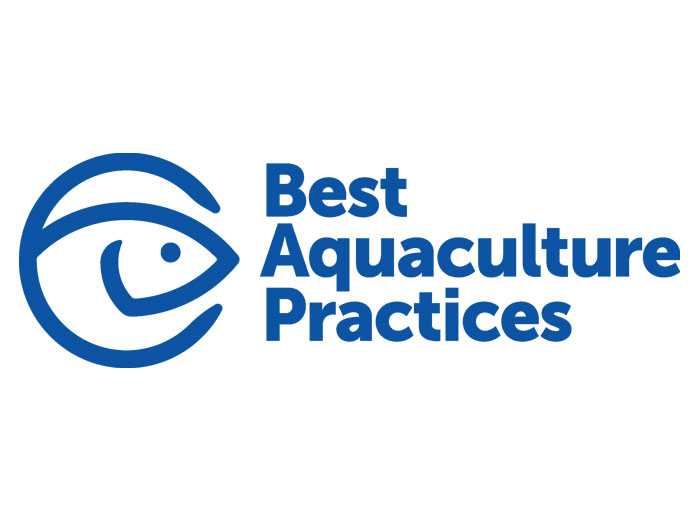Totoaba, Pacific Red Snapper Processing Plant Achieves BAP Certification
February 17, 2021 | 2 min to read

Congratulations to Mexico’s Earth Ocean Farms for becoming the world’s first Best Aquaculture Practices (BAP)-certified processing plant to process totoaba (Totoaba macdonaldi), a large member of the drum family that is endemic to the Gulf of California.
Located in La Paz, Mexico, the processing plant also handles Pacific red snapper. The totoaba and red snapper are farmed in submersible sea pens off the coast of Baja Sur.
Earth Ocean Farms is fully integrated. The company rears fingerlings in its own hatchery from carefully selected broodstock. Once the fingerlings reach optimal size, they are stocked at the company’s well-situated farm in the open-ocean waters of the Sea of Cortez, providing ideal conditions for fish growth. The fish are then processed and sold throughout Mexico and North America.
“We were really excited to work with the entire team at Earth Ocean Farms to get them into the BAP program, but that was just the starting point. Now we look forward to continuing to work with them to promote the company’s commitment to responsible aquaculture to buyers and consumers in Mexico and North America,” said Bill Hoenig, BAP market development manager for Latin America.
“This achievement provides an important step forward for all of our team,” said Pablo Konietzko, director general of Earth Ocean Farms. “It is also an important signal for our many customers that we take seriously our responsibility to provide the freshest, highest quality fish backed by this quality assurance standard.
“To provide the best and healthiest fish to feed current and future generations, we care about the entire process monitoring the right temperature, light and filtrated recirculated water where we raise our juvenile fish. The custom diet matters as it reflects our experience when it comes to superior taste and quality,” he added.
BAP is the world’s only aquaculture certification program with seafood-specific standards for processing plants. These standards are comprehensive, encompassing environmental responsibility, social responsibility, animal health and welfare, and food safety.
With the addition of totoaba, there are now 31 farmed seafood represented by the BAP program. BAP continues to grow, ending 2020 with 2,918 BAP-certified facilities in 39 countries, up 10.7 percent from the end of 2019.
About BAP
A division of the Global Aquaculture Alliance, Best Aquaculture Practices is an international certification program based on achievable, science-based and continuously improved performance standards for the entire aquaculture supply chain — farms, hatcheries, processing plants and feed mills — that assure healthful foods produced through environmentally and socially responsible means. BAP certification is based on independent audits that evaluate compliance with the BAP standards developed by GAA.
